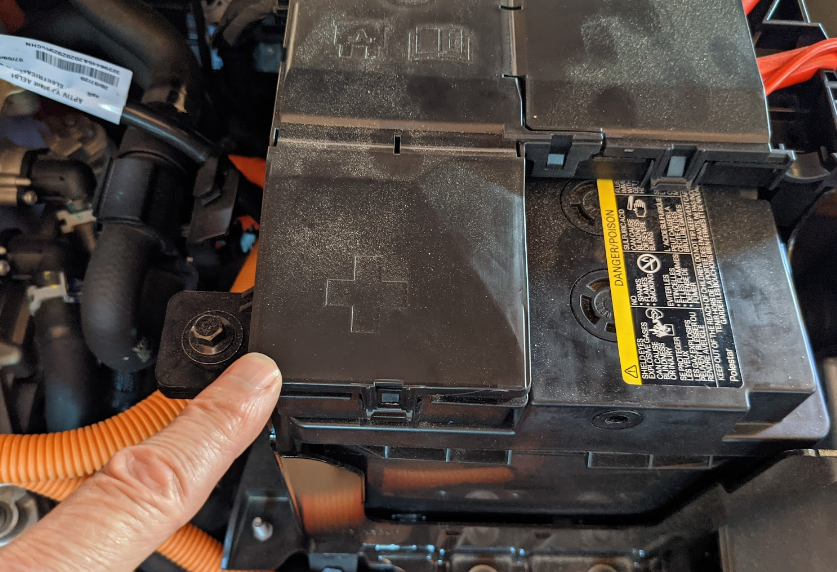China Integration of Smart Grids with Lithium Batteries: Revolutionizing Energy Management
Introduction:
As the global energy demand continues to rise, it has become imperative to explore innovative solutions to meet this growing need sustainably. The integration of smart grids with lithium batteries presents a promising avenue for revolutionizing energy management. This article delves into the potential benefits, challenges, and future prospects of this integration.
1. Benefits of integrating smart grids with lithium batteries:
1.1. Energy storage: Lithium batteries, with their high energy density and long cycle life, offer an efficient solution for storing excess energy generated by renewable sources. This stored energy can be utilized during peak demand periods, enhancing grid stability and reducing reliance on non-renewable energy sources.
1.2. Grid balancing: The fluctuating nature of renewable energy sources poses challenges for grid operators. By integrating lithium batteries into smart grids, surplus energy can be stored during low demand periods and discharged during high demand periods, enabling efficient grid balancing and reducing the need for traditional power plants.
1.3. Demand response: Smart grids equipped with lithium batteries facilitate demand response programs, allowing consumers to adjust their energy consumption based on real-time price signals. This empowers users to make informed decisions, optimize their energy usage, and contribute to a more sustainable energy system.
1.4. Enhanced efficiency: Smart grids integrated with lithium batteries enable efficient two-way communication between consumers and utilities. By providing real-time data on energy consumption, these grids facilitate better load management, voltage control, and fault detection, leading to energy savings and improved system reliability.
2. Challenges to overcome:
2.1. Cost: Despite the declining costs of lithium batteries, their initial investment remains relatively high. Widespread adoption of this integration will require further advancements in battery technology and cost reduction to ensure economic viability for both utilities and consumers.
2.2. Infrastructure: Integrating lithium batteries into existing grid infrastructure necessitates upgrades and modifications to accommodate the unique requirements of energy storage systems. This may involve considerable investments in grid infrastructure, necessitating clear strategies and funding mechanisms.
2.3. Safety and sustainability: Proper handling, disposal, and recycling of lithium batteries are critical to ensure safety and minimize their environmental impact. A comprehensive framework addressing these aspects must be developed to mitigate potential risks and promote sustainable use of lithium batteries.

3. Future prospects and developments:
3.1. Advancements in battery technology: Ongoing research and development efforts are focused on enhancing the performance and durability of lithium batteries. Innovations such as solid-state batteries and battery management systems are expected to further improve energy storage capabilities, efficiency, and safety.
3.2. Integration with renewable sources: The integration of lithium batteries with renewable energy sources like solar and wind power can address the intermittent nature of these sources. This integration can enable reliable and consistent power supply, thereby accelerating the transition to a clean and sustainable energy future.
3.3. Grid-edge solutions: The emergence of distributed energy resources and the Internet of Things (IoT) is paving the way for grid-edge solutions. By integrating lithium batteries at the consumer level, decentralized energy systems can be developed, promoting energy independence and local resilience.
Conclusion:
The integration of smart grids with lithium batteries has the potential to revolutionize energy management by enhancing energy storage, grid balancing, demand response, and overall system efficiency. Despite challenges related to cost, infrastructure, and safety, ongoing advancements in battery technology and renewable energy integration provide a positive outlook for the future. The development of clear strategies and policies, along with continued research and development, will be crucial in unlocking the full potential of this integration and achieving a sustainable energy future.
-
 In the era of technology, computer mice have become an essential tool for both professionals and everyday users. The performance and lifespan of a PC mouse greatly depend on its battery. In recent years, lithium batteries have gained immense popularity due to their superior performance and extended lifespan. This article explores the advantages of using lithium batteries in PC mice....En savoir plus
In the era of technology, computer mice have become an essential tool for both professionals and everyday users. The performance and lifespan of a PC mouse greatly depend on its battery. In recent years, lithium batteries have gained immense popularity due to their superior performance and extended lifespan. This article explores the advantages of using lithium batteries in PC mice....En savoir plus -
 Introduction: In today's fast-paced world, where technology is an integral part of our daily lives, the need for reliable and long-lasting power solutions has become more important than ever. The emergence of lithium batteries has revolutionized the energy storage industry by providing efficient and durable power sources. Among them, the 100Ah LiFePO4 lithium battery stands out as an exceptional...En savoir plus
Introduction: In today's fast-paced world, where technology is an integral part of our daily lives, the need for reliable and long-lasting power solutions has become more important than ever. The emergence of lithium batteries has revolutionized the energy storage industry by providing efficient and durable power sources. Among them, the 100Ah LiFePO4 lithium battery stands out as an exceptional...En savoir plus -
 As the world becomes more mobile and dependent on technology, the need for portable power has never been greater. From smartphones to electric cars, lithium batteries have emerged as the go-to solution for powering our devices on the go. In this article, we'll explore the history, science, and future of lithium batteries and why they are the future of portable...En savoir plus
As the world becomes more mobile and dependent on technology, the need for portable power has never been greater. From smartphones to electric cars, lithium batteries have emerged as the go-to solution for powering our devices on the go. In this article, we'll explore the history, science, and future of lithium batteries and why they are the future of portable...En savoir plus -
 Golf carts are a popular mode of transportation on golf courses, as well as in retirement communities, hotels, and resorts. These compact vehicles are not only convenient but also environmentally friendly, as they produce zero emissions. One of the critical components of a golf cart is the battery, which powers the vehicle. However, many golf cart owners neglect the proper...En savoir plus
Golf carts are a popular mode of transportation on golf courses, as well as in retirement communities, hotels, and resorts. These compact vehicles are not only convenient but also environmentally friendly, as they produce zero emissions. One of the critical components of a golf cart is the battery, which powers the vehicle. However, many golf cart owners neglect the proper...En savoir plus -
 China's Lifepo4 battery industry has been growing rapidly in recent years, driven by the increasing demand for rechargeable batteries with high energy density and long cycle life. Lifepo4 batteries, which are a type of lithium-ion battery, have become a popular choice for applications that require high performance and reliability, such as electric vehicles, renewable energy systems, and portable electronics. ...En savoir plus
China's Lifepo4 battery industry has been growing rapidly in recent years, driven by the increasing demand for rechargeable batteries with high energy density and long cycle life. Lifepo4 batteries, which are a type of lithium-ion battery, have become a popular choice for applications that require high performance and reliability, such as electric vehicles, renewable energy systems, and portable electronics. ...En savoir plus -
 When it comes to camping, one of the most essential items to have is a reliable power source. Whether you want to charge your phone, power up your refrigerator, or run your lights at night, a dependable battery is a must-have. And that's where the Lithium Camper Battery comes in. The Lithium Camper Battery is the ultimate power solution...En savoir plus
When it comes to camping, one of the most essential items to have is a reliable power source. Whether you want to charge your phone, power up your refrigerator, or run your lights at night, a dependable battery is a must-have. And that's where the Lithium Camper Battery comes in. The Lithium Camper Battery is the ultimate power solution...En savoir plus -
 Introduction: Lithium-ion batteries, specifically Lithium Iron Phosphate (LiFePO4) batteries, have gained significant attention in recent years due to their high energy density, longer lifespan, and improved safety features compared to conventional battery technologies. This article focuses on the advancements made in enhancing the performance and extending the lifespan of 100Ah LiFePO4 batteries. 1. Enhanced Performance: 1.1 Cathode Material Optimization:...En savoir plus
Introduction: Lithium-ion batteries, specifically Lithium Iron Phosphate (LiFePO4) batteries, have gained significant attention in recent years due to their high energy density, longer lifespan, and improved safety features compared to conventional battery technologies. This article focuses on the advancements made in enhancing the performance and extending the lifespan of 100Ah LiFePO4 batteries. 1. Enhanced Performance: 1.1 Cathode Material Optimization:...En savoir plus

